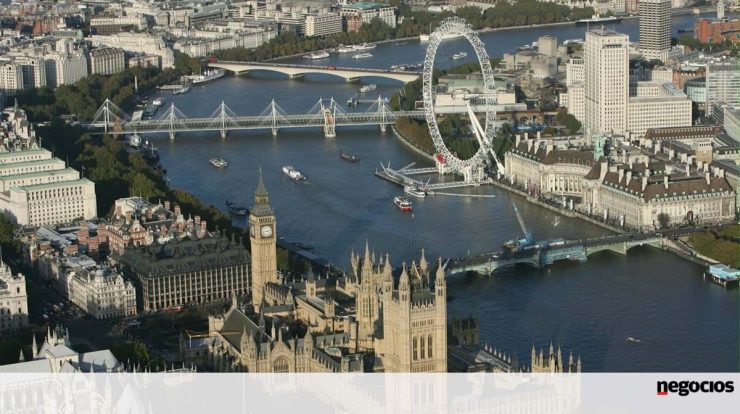
As of March 31, 376,440 applications had been received and 359,070 applications had been completed, with 203,310 permanent residences and 143,080 temporary residences, according to the quarterly report released today with data up to the end of March.
This number does not directly correspond to the number of persons, as the Ministry of Home Affairs proposes data copying methods for cases in which multiple applications are made, in which temporary status (‘pre-settlement status’) and then permanent status (‘immigration status’) granted after five years of continuous residence in the country are asked.
Recipients of a temporary title must resubmit their application upon completion of their five-year residency in the UK, as promotion is not automatic.
The Portuguese government estimates that the Portuguese community in the United Kingdom is about 400,000, taking into account about 375,000 registered at embassies and about 335,000 with British addresses on citizens’ cards.
In today’s report, the Interior Ministry estimates that 6% of the 5.3 million applications made by all national races by March 31 were repeat candidates (311,870), of which about 4,963,560 were in the EU Citizens’ Registration System (‘EU Settlement Program’) as of March 31.
Of the consecutive applicants, 47% (147,660) went from temporary to permanent, and 46% (143,180) obtained residency status because the applications were initially rejected or invalid.
As of the end of March, 17,370 thousand applications from Portuguese were awaiting feedback, with 3.5% (12,680) of the processed applications failing because they had been withdrawn or canceled (5,300), invalid (4,990) or rejected (2,390).
Portugal is the fourth largest nation after Poland, Romanians and Italians.
In all, as of April 30, according to the latest figures, there were 5.42 million applications for post-Brexit EU citizenship registration, surpassing the estimated 3.5 million Europeans initially residing in the UK.
Citizens of EU countries, their closest family members from Iceland, Switzerland, Norway and Liechtenstein and third countries have until June 30 to register and maintain their right to residency and access to health, education and social support services.
Those who have proof that they were staying in the UK before December 31, 2020, when freedom of movement ends at the end of the post-Brexit transition period are eligible.
Until July 1, citizenship will be mandatory for situations such as applying for a job, opening a bank account, or renting a home, and those who are not in good standing will be considered illegal immigrants and deported. Origin.
Since January 1, a new immigration system has been introduced, which requires other requirements, an employment contract, English language knowledge and a minimum wage.


